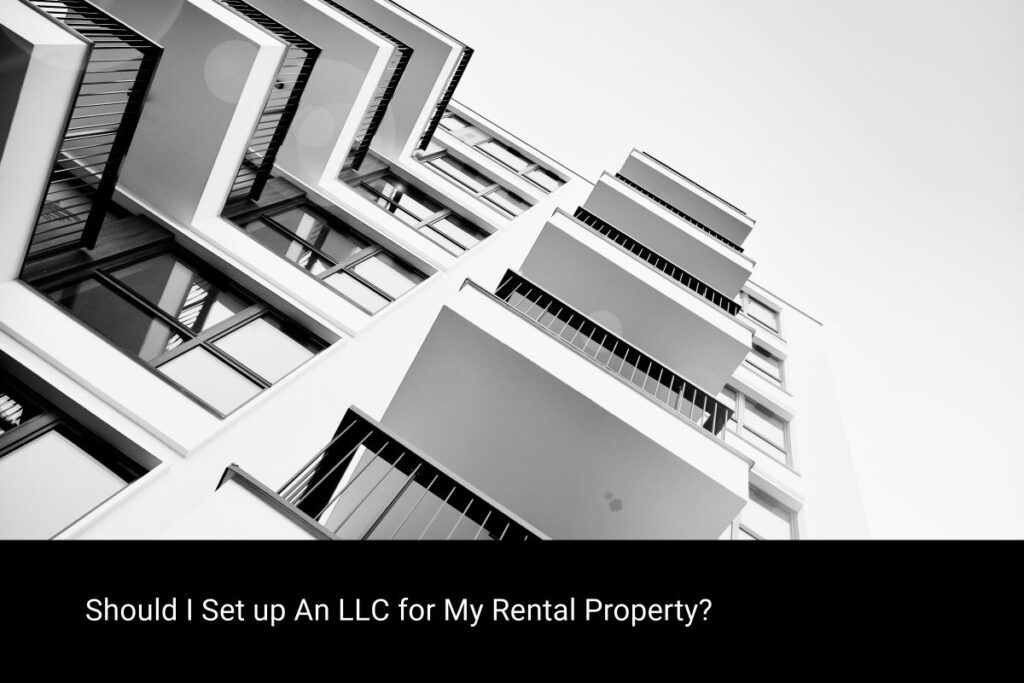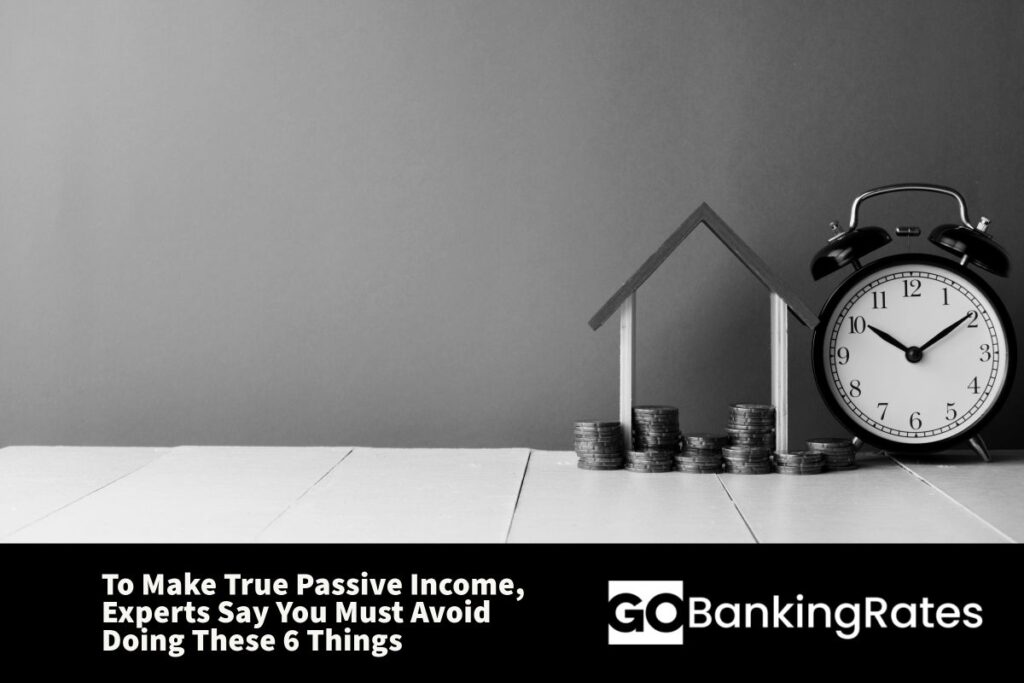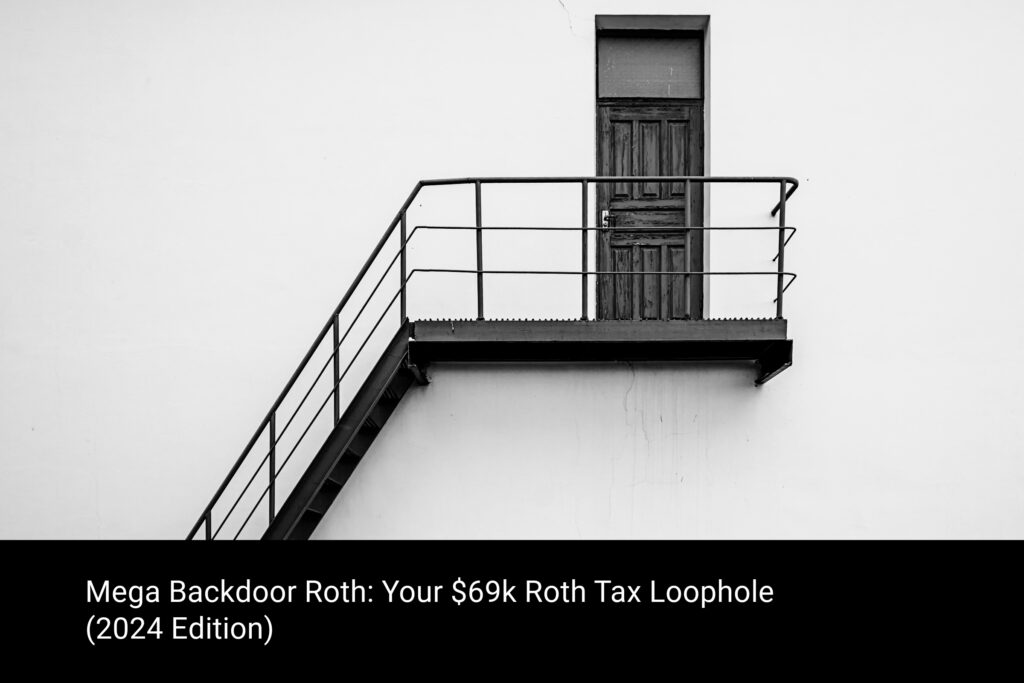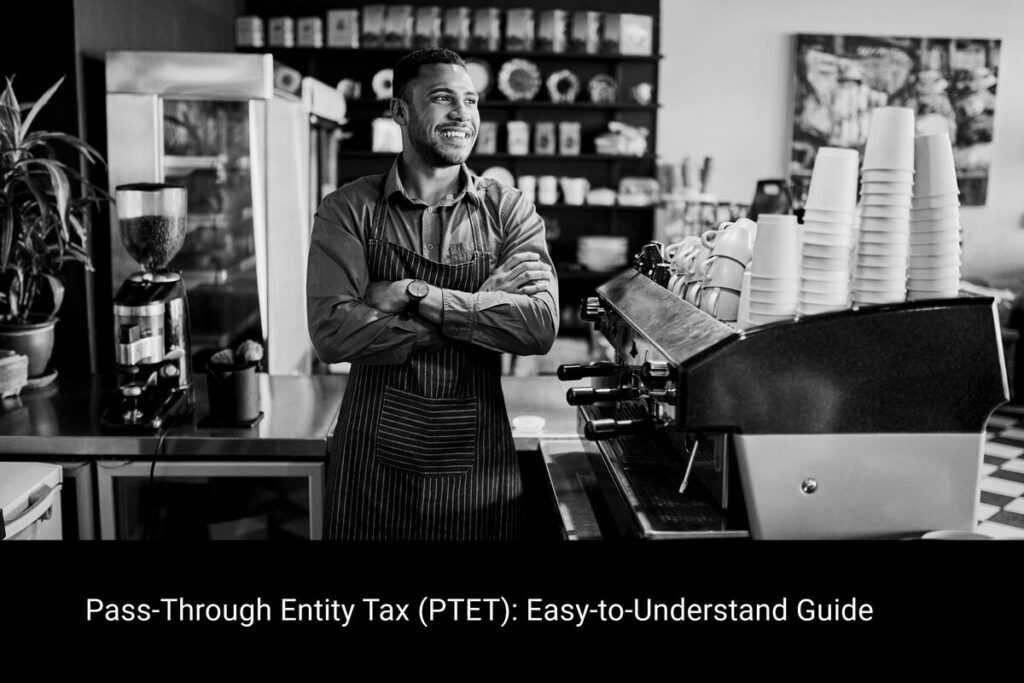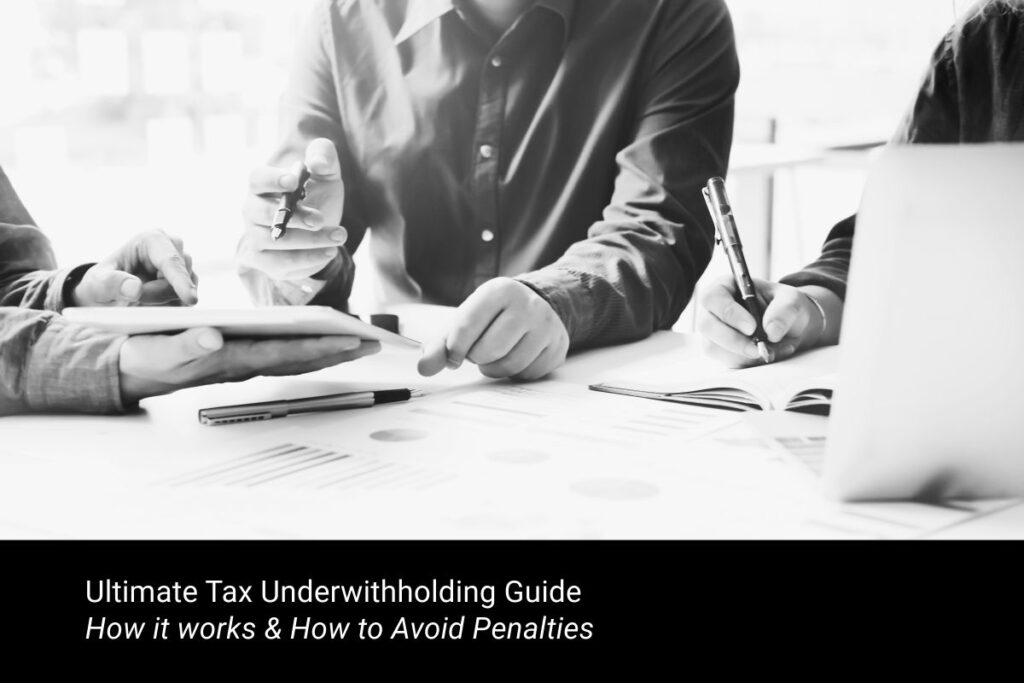Determine if exercising your stock options early is the right choice for you.
If you received Stock Options as part of your compensation package at a private company, this could potentially mean a big payout in the future. With the potential for a big payout, also comes the potential for a big tax bill. A way that you can potentially reduce your future tax liability is by exercising your stock options early. We’ll dive into what it is, how it works, and if you should do it even if you have the options to do so.
Early Exercise
As part of your options agreement, certain companies may include the ability to exercise your stock options before they vest. Here is an example of how it works:
- You just accepted an offer for XYZ Technology. They grant you 10,000 options with a strike price of $1 that vest over 4 years with the first 25% vesting on your 1-year anniversary.
- XYZ Technology allows you to exercise your options right away, as soon as they are granted.
- You decide to exercise the options at $1 a share, spending a total of $10,000.
- Keep in mind, that even though you exercised the shares early, you still need to wait for them to vest fully before selling.
- Once your 1 year anniversary comes around, 2500 of the shares you bought from exercising early are available to you (vested).
- Fast forward another year and another 2500 shares vest, now you own 5000 shares and now the stock is worth $4 a share.
- Now you decide to sell those 5000 shares making a $15,000 profit ($20,000 sale proceeds-$5,000 basis).
- Because you exercised early, you will pay Long Term Capital gains tax on that $15,000 instead of ordinary income. Long-term capital gains are generally taxed at 15%.
RELATED READING:
Exercising your stock options early can make sense in certain situations. If your employer gives you this option, you then need to determine if your options are ISOs or NSOs as the taxation and early exercise consequences are different.
Exercising NSOs Early
If you have NSOs, exercising your options early can potentially reduce the tax burden associated with the bargain element. The bargain element is the spread between your exercise price and the Fair Market Value (FMV) of the stock. When options are first granted to a new employee, the strike price and FMV of the stock are generally the same or very close. Here is an example:
- You just accepted an offer for XYZ Technology. They grant you 10,000 NSOs with a strike price of $1. The FMV of the stock is also $1.
- If you exercise now, there will be no ordinary income tax owed
- If the FMV value was instead $1.25 a share, you would report $2500 as ordinary income ($12,500- $10,000)
- If you didn’t exercise now, and the company IPOs and the price is now $50 a share and you exercise your options, you would report $490,000 as ordinary income ($500,000 – $10,000)
The idea behind exercising your stock options early is that you not only establish a basis in the stock early to potentially take advantage of long-term capital gains rates but you also potentially avoid paying big ordinary income tax if the stock price takes off later.
Exercising ISOs Early
If you have ISOs, ISOs are already structured to be more tax-friendly. Even without exercising them early, when you exercise an ISO you owe 0 ordinary income tax. You establish a basis in the stock and can take advantage of long-term capital gains rates provided it’s been 2 years from the grant and 1 year since you exercised. ISOs however have Alternative Minimum Tax (AMT) that you need to watch out for. Here is an example:
- You just accepted an offer for XYZ Technology. They grant you 10,000 ISOs with a strike price of $1 that vests over 4 years with the first 25% vesting on your 1-year anniversary.
- After year 1, you exercise the 2500 options that are vested when FMV is $2 a share.
- Because these are ISOs there is no ordinary income tax owed on the spread between $2 a share and $1.
- However, you will need to report that difference for AMT purposes which potentially could result in taxes owed.
When you exercise your ISO early and the stock’s FMV is the same as the strike price of your option, the spread is 0. As a result, the AMT liability to you is 0.
83B Election
If you choose to exercise your stock options early, it is paramount that you make the 83b election within 30 days of doing so. If you do not make the election, then you lose any tax benefit of exercising early. It is critical that you and your financial advisory team are on top of this.
Risks of Exercising Your Stock Options Early
Although exercising your stock options early may sound appealing, understand the risks of doing so. Here are just some of the risks:
- Loss of Leverage – If you have an NSO, keep in mind that one of the main reasons why options can generate so much return is leverage. Leverage magnifies your returns, and you lose this leverage when you own the stock outright. You can read more about leverage here.
- Stock Risk – Although many people view options as risky, at their very essence, they really aren’t all that risky. Think about it, let’s say you have a base salary of $150k, maybe a bonus of $25k, and some options too. If you don’t exercise your options because the stock’s FMV never went above the strike price of your option, you don’t lose any money. In fact, nothing happens to you. When you exercise early, you now own the stock and all the risks associated with it.
- Termination Risk – More people, especially in a post-Covid world, job hop. If you exercise your stock options early to own the stock, remember they still need to vest. If you leave before vesting typically (although not all) employers will buy back your stock at the strike price. If you exercised at $1 a share and the stock is now at $5 but you left before they vested, your employer is buying your shares back from you at $1 a share, not $5.
- Capital Risk- Exercising your stock options early is going to cost you money out of pocket. Even though the shares of the stock haven’t been vested yet, you still need to fork up all the cash needed to exercise. This could potentially put you into a liquidity crunch.
- Liquidity Risk – If you opt to own stock in a private company, you will not have the same flexibility of selling it as you would in the public stock market. You will likely need to wait for a liquidity event like an IPO, M&A or Tender Offer to exit.
Should YOU Exercise Your Stock Options Early?
Whether you should exercise your stock options early depends not only on your personal preferences, appetite for risk, and financial circumstances but also on the type of options you hold and the terms of the agreement. For private, pre-IPO companies, there are times when it can make a lot of sense. However, there are plenty of times when it doesn’t and exposes you to unnecessary risks.
If you need guidance on constructing an overall comprehensive financial plan that includes an equity compensation and employee benefits review, please reach out or schedule some time to meet with us.




